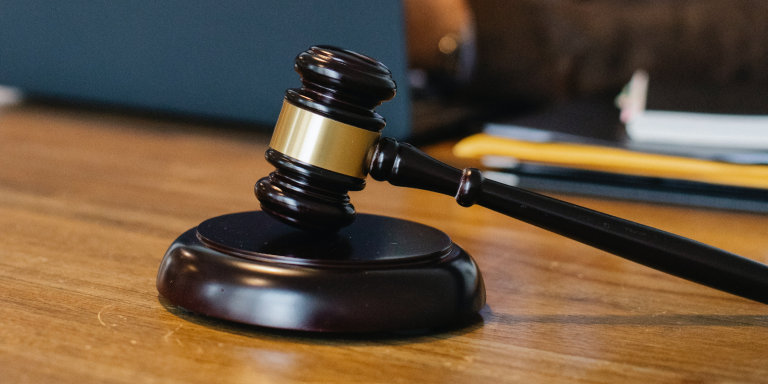
An artificial intelligence, currently being tested by the Shanghai People’s Procuratorate, Pudong District, could replace prosecutors in China. Based on oral descriptions, the algorithm has been trained on the eight most committed crimes in the city and would give a 97% proven verdict.
Artificial intelligence is gradually entering the field of predictive justice. In France, it can be used to establish probabilities of success and to estimate the amount of damages to which a litigant is entitled, based on all available court decisions. Judges can also refer to it in case of case law. Chinese AI researchers go much further since they say they have developed an AI capable of making decisions instead of a prosecutor.
Chinese justice and AI
Chinese prosecutors have been using artificial intelligence since 2016 and are currently using the AI tool System 206, which assesses evidence, conditions of arrest and whether a suspect is dangerous to society. Professor Shi Yong, chief scientist of the project and director of the Megadata and Knowledge Management Laboratory of the Chinese Academy of Sciences, states:
“all existing AI tools are of limited use because they are not involved in the decision-making process of prosecuting and recommending sentences.”
Training the algorithm requires identifying and deleting anything in the case file that is not related to the crime while keeping the useful information. In addition, the highly complex and ever-changing legal language must be translated into standard mathematical or geometric formats that computers can understand. Although Chinese Internet companies have developed powerful natural language processing tools, their operations often require large computers, which prosecutors cannot use.
The AI prosecutor
The AI prosecutor developed by Shi Yong and his team has the distinct advantage of requiring only a desktop computer. It has been trained on 17,000 cases from 2015 to 2020 and can currently discern and charge eight of the most common crimes perpetrated in Shanghai: payment card fraud, illegal gambling, reckless driving, intentional injury, theft, obstruction of official duty, and “quarreling and causing trouble,” with an accuracy rate of 97%. Professor Shi Yong is very confident in the evolution of the AI prosecutor and states:
“AI prosecutors will soon become more powerful through upgrades. It will be able to identify less common crimes and bring multiple charges against a suspect.”
However, a prosecutor in the city of Guangzhou raises the question of liability if the AI prosecutor makes a mistake and states:
“97% accuracy is a high number, but there will always be a risk of error. Who will take responsibility when that happens?”
While intelligence is widely used in China for surveillance in public places via surveillance cameras, the government is also reportedly using it to monitor its employees to spot corruption and within prisons to reduce violence.
Translated from Chine : l’intelligence artificielle pour remplacer les procureurs ?









